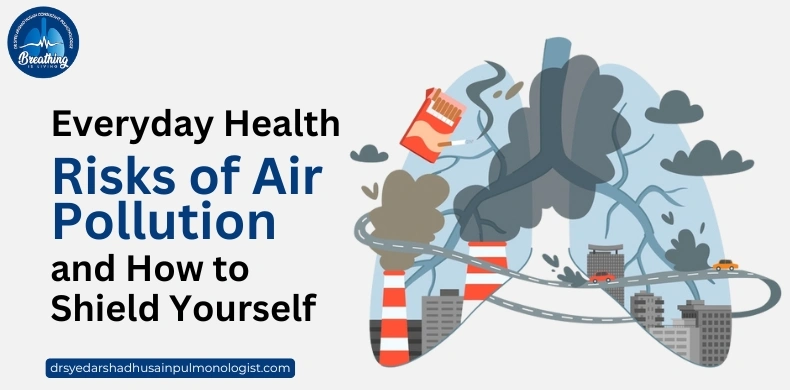Air pollution has become an undeniable reality of modern life; the causes are quite simple, from industrial emissions to vehicle exhaust. The air we breathe is often filled with harmful substances that affect our health and, in some rare cases, damage our lungs and prevent breathing. That�s why it is important to keep yourself safe from air pollution and improve your respiratory health for a better future. So, let�s explore the impact of air pollution on health and effective ways to shield yourself.
Understanding the Impact of Air Pollution
1. Respiratory Issues
- The Risk: Prolonged exposure to polluted air can irritate the airways, leading to respiratory conditions like asthma, bronchitis, and chronic obstructive pulmonary disease (COPD).
- Who�s at Risk: Children, the elderly, and individuals with pre-existing respiratory conditions are particularly vulnerable.
2. Cardiovascular Problems
- The Risk: Fine particulate matter (PM2.5) in polluted air can enter the bloodstream, increasing the risk of heart attacks, strokes, and hypertension.
- Why It Matters: Over time, air pollution contributes to chronic heart diseases and worsens existing conditions.
3. Weakening of the Immune System
- The Risk: Pollutants like nitrogen dioxide (NO2) and sulfur dioxide (SO2) can weaken the immune system, making the body more susceptible to infections and illnesses.
- Long-Term Effect: A compromised immune system leads to recurring health problems and slower recovery.
4. Adverse Effects on Mental Health
- The Risk: Studies show that exposure to air pollution is linked to anxiety, depression, and cognitive decline due to its impact on brain health.
- The Science: Pollutants can trigger inflammation in the brain, potentially leading to neurological disorders over time.
5. Skin Damage
- The Risk: Constant exposure to pollutants like ozone and particulate matter can damage skin, causing premature aging, acne, and pigmentation issues.
- Why It Happens: Pollutants strip the skin of essential moisture and antioxidants, weakening its protective barrier.
How to Shield Yourself from Air Pollution
1. Monitor Air Quality Levels
- Why It Helps: Staying informed about the Air Quality Index (AQI) in your area allows you to plan your activities wisely.
- What to Do: Use apps or websites that provide real-time air quality updates and avoid outdoor activities during high pollution levels.
2. Use Air Purifiers Indoors
- Why It Helps: Indoor air pollution can be as harmful as outdoor pollution. An air purifier can filter out harmful particles and improve indoor air quality.
- Where to Use: Place air purifiers in bedrooms, living areas, or any space where you spend a lot of time.
3. Wear Protective Masks
- Why It Helps: High-quality masks like N95 or KN95 can filter out harmful pollutants, especially in urban environments or during peak pollution hours.
- When to Use: Wear a mask when commuting or spending time in heavily polluted areas.
4. Limit Outdoor Exposure
- Why It Helps: Reducing time spent in polluted environments minimizes your overall exposure to harmful air particles.
- Tips: Avoid outdoor activities during peak traffic hours or when the AQI is poor.
5. Create a Green Zone
- Why It Helps: Plants like snake plants, spider plants, and peace lilies can improve indoor air quality by filtering toxins and increasing oxygen levels.
- How to Start: Add indoor plants to your living spaces or start a small garden to create a natural air filter.
6. Stay Hydrated and Eat Antioxidant-Rich Foods
- Why It Helps: Drinking water flushes out toxins, while antioxidants combat the free radicals produced by exposure to air pollution.
- Best Foods: Include leafy greens, berries, nuts, and citrus fruits in your diet for a natural defense against pollution damage.
7. Use Public Transport or Carpool
- Why It Helps: Reducing the number of vehicles on the road decreases overall emissions and improves air quality.
- Bonus: It�s also cost-effective and environmentally friendly.
8. Advocate for Cleaner Air Policies
- Why It Helps: Supporting initiatives and policies that aim to reduce air pollution benefits everyone in the long run.
- How to Contribute: Participate in local campaigns or support renewable energy and sustainable practices.
Why Acting Now is Essential
Air pollution is a silent threat that impacts your health every single day. It not only affects individuals but also contributes to long-term public health challenges. Taking proactive steps to protect yourself and advocating for cleaner air can make a significant difference.
While some level of air pollution is unavoidable, small lifestyle changes can help minimize your exposure and safeguard your health. Start implementing these strategies today and enjoy the benefits of cleaner, healthier living. But if your facing any respiratory issues that are not resolved on their own, then consulting an expert pulmonologist such as Prof. Dr. Syed Arhshad Husain (the best pulmonologist in Dubai) will be the right choice for you.



